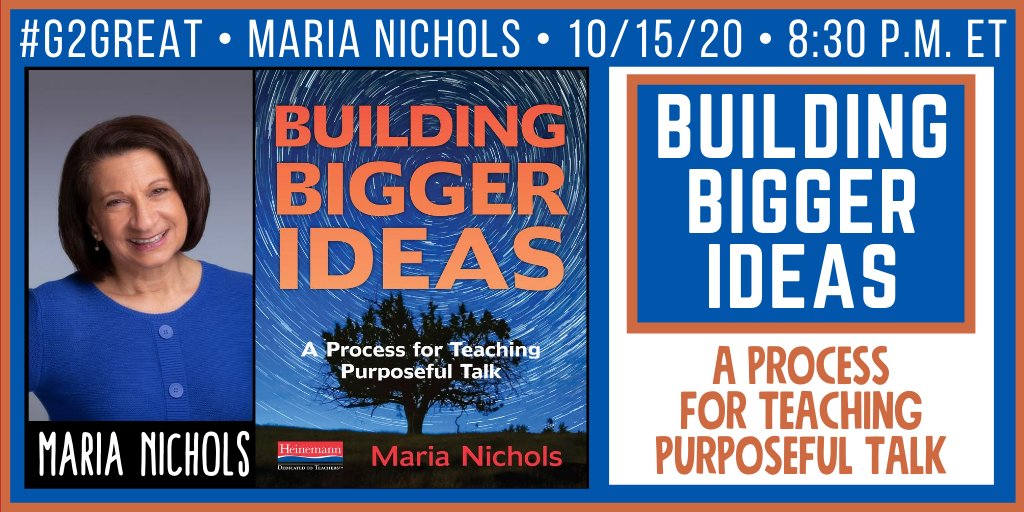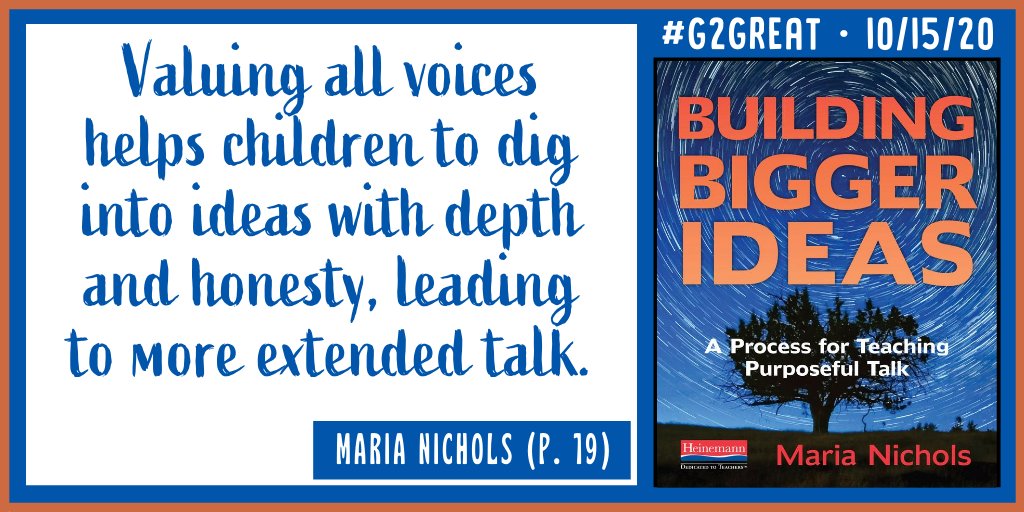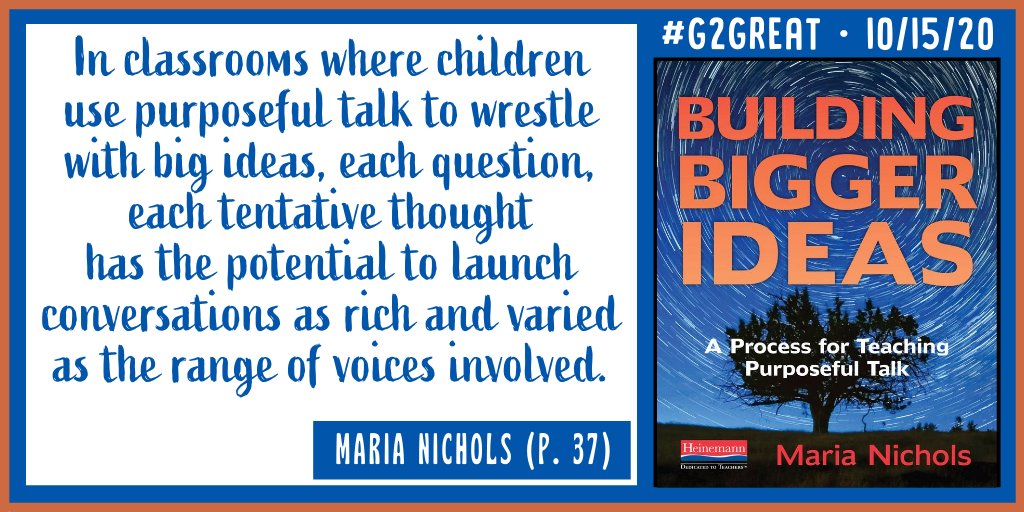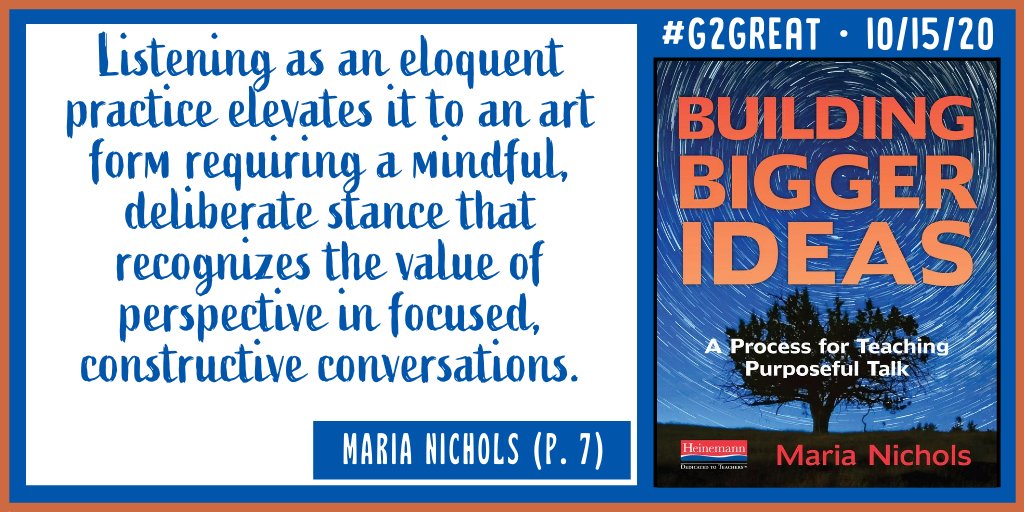by, Jenn Hayhurst

Imagine a little girl with dark curly hair, very thick glasses, and a huge vocabulary. This child came from a family who believed that children had important things to say. A family with a mother, a father, two brothers, and a sister who all shared their views, spoke their minds without hesitation as though their ideas were all important. This same child, who had a big extended family that shared the same values in an even larger social setting. Then, as if that were not enough, another whole layer of family friends also encouraged children to speak their minds and who were genuinely interested in hearing what they had to say. Imagine the benefit of having such a rich social language learning environment to grow up in. Couple those lived experiences with voluminous reading and writing and now the child has, even more, to think about, more to say, and more opportunities for self-expression. That is a child who is being immersed in a language learning process that will help her for the rest of her life. How fortunate would that child be? Very. That is my story. That child was me.
The reason why I specialized in literacy is that I wanted to give as many students as possible the same experiences I had growing up. Believing that a school is a place where teachers may cultivate a social learning environment that holds purposeful talk in the highest esteem is very powerful. If you believe that, as I do, then you know we have the power to reshape a child’s life. So you can understand why, it was a real thrill to welcome author/educator, Maria Nichols, to lead #G2Great in a conversation about how to create a process of growing purposeful talk.
What voices are being valued?

Show students that you believe that they have something important to say. Help them believe that their voices matter the most to us and then there will be boundless growth. Children, who feel as though their words hold weight with teachers will be more likely to share and elaborate on their thinking in deeper more meaningful ways. Part of the work is to create equity and access for purposeful talk, and there is a lot we can do in school to make that a reality. Teachers are setting the table for talk by giving space for feedback and reflection. Don’t be afraid of those quiet moments. Be generous, give space for students to process their thinking. Give them the chance to fill that space with their own words.
What do all students think?
Be curious about what students think. Whenever we start to fill in their words for them just stop. Let them go, find out what they really think. Treating classroom talk as you might an inquiry study will help to cull out what they think through lean questioning and wait time. Then if we teach them how to take a questioning stance, we create other “teachers” in the room. We create more opportunities to uncover the collective thinking that is happening in real time. When we use mentor texts that serve to underscore thoughtful talk we add another layer of support to elevate students’ thinking. It is an amazing process.

How can we raise talk to new levels?
Listen to learn first, not to evaluate. Be strategic when planning spaces in conversation to pause and ponder. This not only fortifies stamina, it also models what thoughtful dialogue looks like. Building a culture of “talk” starts when we take the time to reflect on what went well and when we invite students into that reflective process we raise the quality of purposeful talk over time. Purposeful talk requires a plurality of perspective to inform how it is going. It is not just what teachers think, teachers are one part of a broad community of thinkers. The talk in the classroom mirrors everyone who is part of that community. That is what makes talk so important.

Purposeful talk measures the level of intellectual rigor. It conveys the level of trust and relationships within the community. The words that fill a classroom reflect the learners themselves. Think of it this way, talk paints a picture of students’ culture, beliefs, passions, and even their fears. We are showing students how to communicate in the world, we are teaching them that their words are valuable, that they are important, and every child deserves to know that they have a voice that is worthy of being heard. Thank you, Maria Nichols. Thank you for writing your beautiful book, Building Bigger Ideas: A Process for Building Purposeful Talk.